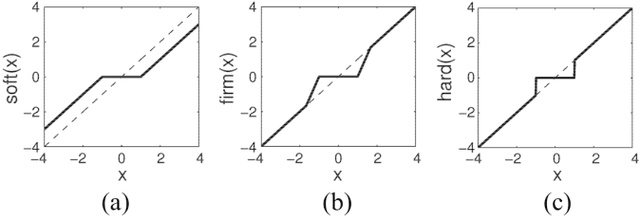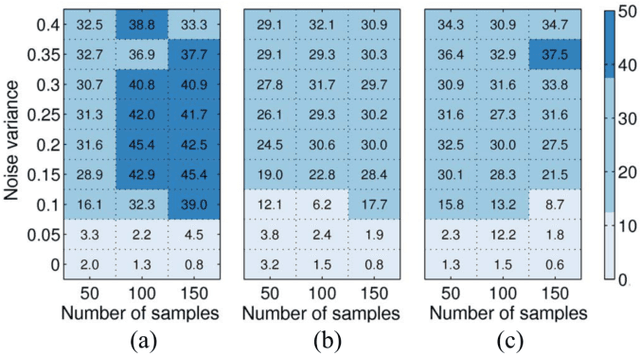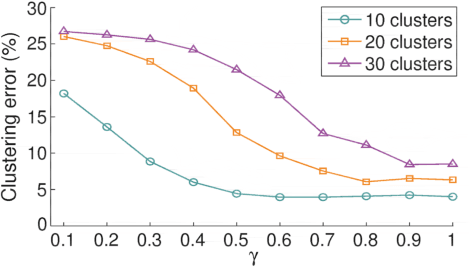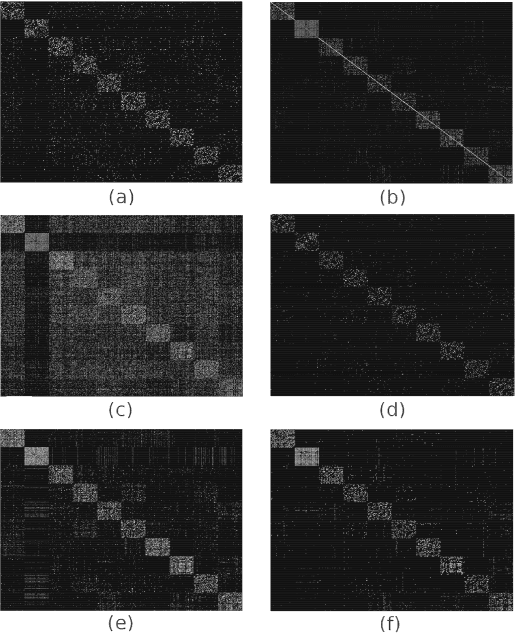Maria Brbić
HeurekaBench: A Benchmarking Framework for AI Co-scientist
Jan 04, 2026Abstract:LLM-based reasoning models have enabled the development of agentic systems that act as co-scientists, assisting in multi-step scientific analysis. However, evaluating these systems is challenging, as it requires realistic, end-to-end research scenarios that integrate data analysis, interpretation, and the generation of new insights from the experimental data. To address this limitation, we introduce HeurekaBench, a framework to create benchmarks with exploratory, open-ended research questions for experimental datasets. Each such question is grounded in a scientific study and its corresponding code repository, and is created using a semi-automated pipeline that leverages multiple LLMs to extract insights and generate candidate workflows, which are then verified against reported findings. We instantiate the framework in single-cell biology to obtain sc-HeurekaBench benchmark and use it to compare state-of-the-art single-cell agents. We further showcase the benefits of our benchmark for quantitatively analyzing current design choices in agentic systems. We find that the addition of a critic module can improve ill-formed responses for open-source LLM-based agents by up to 22% and close the gap with their closed-source counterparts. Overall, HeurekaBench sets a path toward rigorous, end-to-end evaluation of scientific agents, grounding benchmark construction in real scientific workflows.
Fine-grained Classes and How to Find Them
Jun 16, 2024



Abstract:In many practical applications, coarse-grained labels are readily available compared to fine-grained labels that reflect subtle differences between classes. However, existing methods cannot leverage coarse labels to infer fine-grained labels in an unsupervised manner. To bridge this gap, we propose FALCON, a method that discovers fine-grained classes from coarsely labeled data without any supervision at the fine-grained level. FALCON simultaneously infers unknown fine-grained classes and underlying relationships between coarse and fine-grained classes. Moreover, FALCON is a modular method that can effectively learn from multiple datasets labeled with different strategies. We evaluate FALCON on eight image classification tasks and a single-cell classification task. FALCON outperforms baselines by a large margin, achieving 22% improvement over the best baseline on the tieredImageNet dataset with over 600 fine-grained classes.
$\ell_0$-Motivated Low-Rank Sparse Subspace Clustering
Dec 17, 2018



Abstract:In many applications, high-dimensional data points can be well represented by low-dimensional subspaces. To identify the subspaces, it is important to capture a global and local structure of the data which is achieved by imposing low-rank and sparseness constraints on the data representation matrix. In low-rank sparse subspace clustering (LRSSC), nuclear and $\ell_1$ norms are used to measure rank and sparsity. However, the use of nuclear and $\ell_1$ norms leads to an overpenalized problem and only approximates the original problem. In this paper, we propose two $\ell_0$ quasi-norm based regularizations. First, the paper presents regularization based on multivariate generalization of minimax-concave penalty (GMC-LRSSC), which contains the global minimizers of $\ell_0$ quasi-norm regularized objective. Afterward, we introduce the Schatten-0 ($S_0$) and $\ell_0$ regularized objective and approximate the proximal map of the joint solution using a proximal average method ($S_0/\ell_0$-LRSSC). The resulting nonconvex optimization problems are solved using alternating direction method of multipliers with established convergence conditions of both algorithms. Results obtained on synthetic and four real-world datasets show the effectiveness of GMC-LRSSC and $S_0/\ell_0$-LRSSC when compared to state-of-the-art methods.
 Add to Chrome
Add to Chrome Add to Firefox
Add to Firefox Add to Edge
Add to Edge